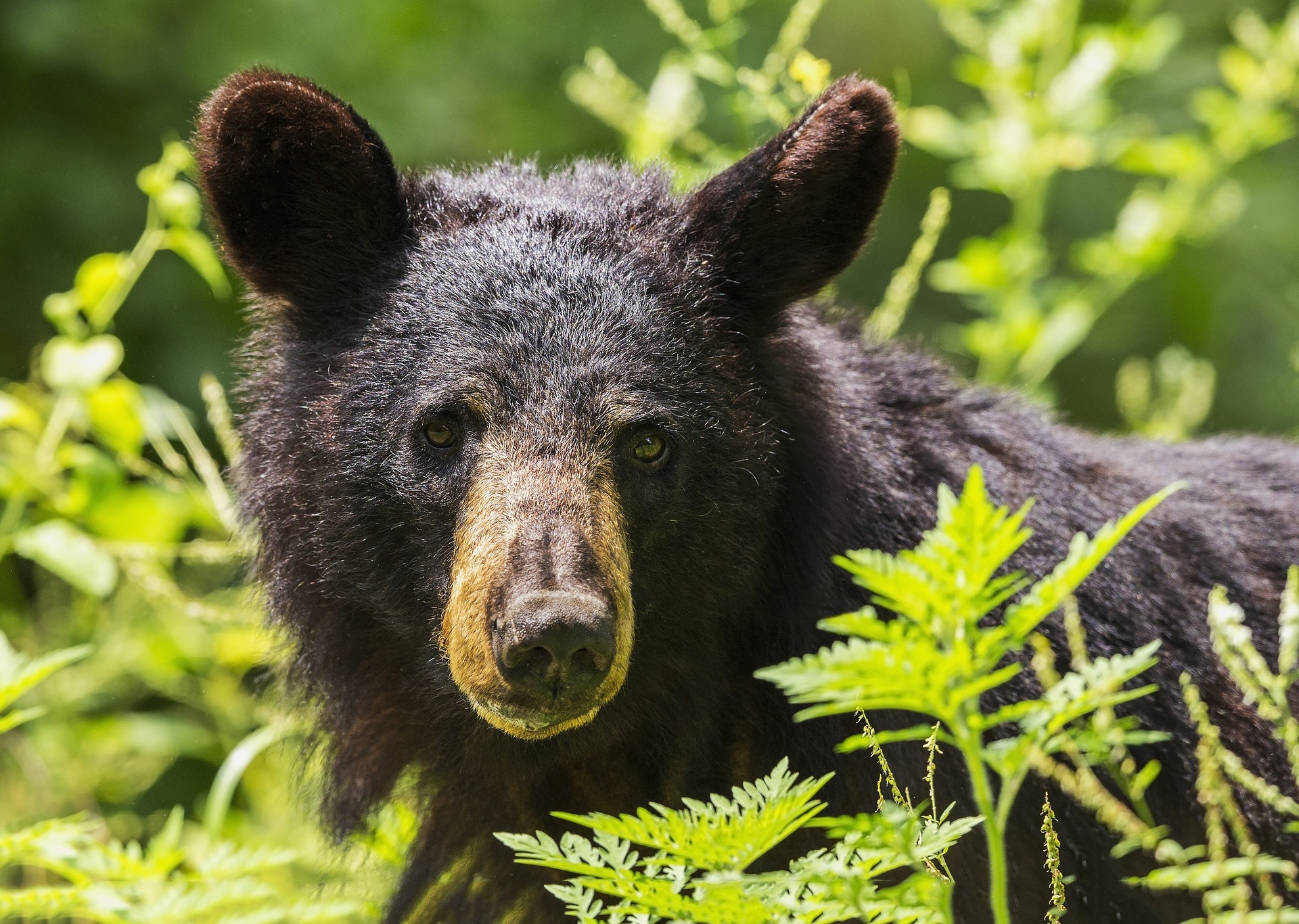A local non-profit is calling on Nelson city council for more action to reduce the number of bears destroyed within the city each year.
The Ursa Project is a registered non-profit society that came to life last fall after a mother, and cub, were destroyed by conservation officers in Uphill.
Kathryn Graves sits on the board of directors and says shooting the two bears was horrific, but that wasn’t the only reason they started the society.
“One cub got away and people heard it in trees after the mother was killed,” she says. “People found it disturbing to have conservation officers running through yards with guns, espeically around schools.
“We got together on a picnic bench and decided enough was enough.”
According to members of the Ursa project, Nelson had 478 human-black bear confilcts in 2022, and had the highest number of destroyed bears since 2015 with 17 killed last year.
Graves says the past city administration wasn’t receptive towards making the city BearSmart, but she is hoping it will change.
“With our new council we are confident support will be given to become Bear Smart,” she says.
She says people have developed a misconception about how wildife is dealt with when they interact with the public and providing proper education is the first step.
“They think bears are released and relocated in the forest.
“That is not true,” she says. “They are taken away and destroyed by conservation officers.”
Anita Johnson, another member of the board of directors, says council is on the hook to make the final decision, but it isn’t just on their shoulders. Residents play an important role in deterring wildlife engagement.
“It isn’t just the city that needs to become BearSmart,” Johnson says. “The city provides the tools, but residents need to take care of their garbage and attractants in check.
“Without the support of residents it will be extremely difficult to acheive BearSmart status.”
The Ursa Project was awarded $7,200 from a ReDi grant to educate, inform and engage residents across the region on how to prepare themselves to become more prepared to deal with bears in the community.
Jessica Grant, the final board of directors, says having access to these funds will go a long way to help promote a Bear–Smart community.
“The money will go towards education, community outreach and building engagement through our website,” Grant says.
The Ursa Project plans to reach out by attending events across the region to bring awareness to the public.







